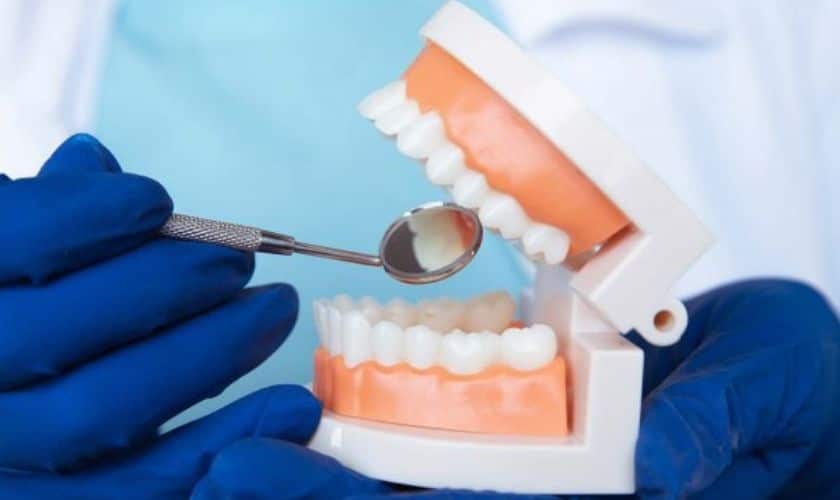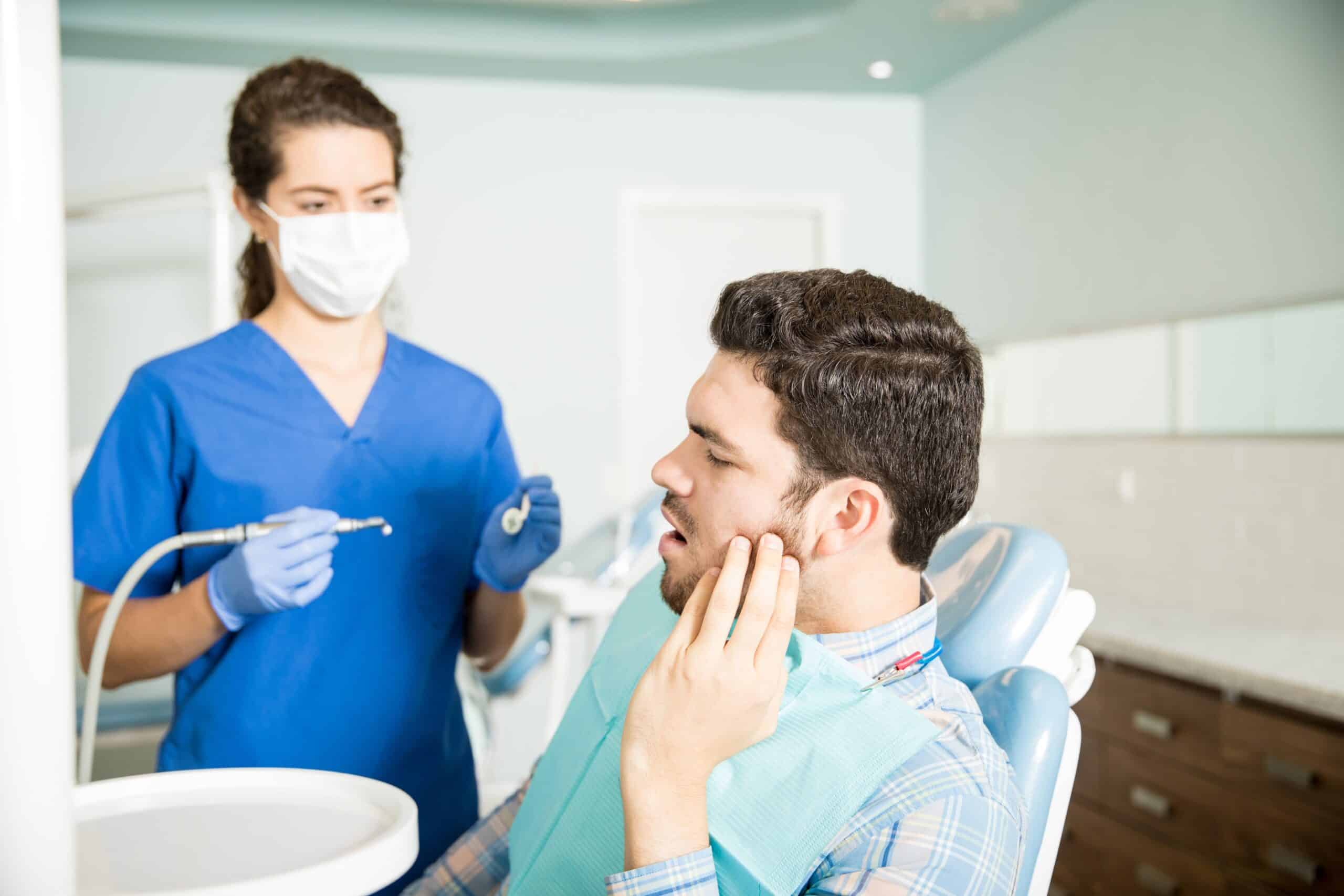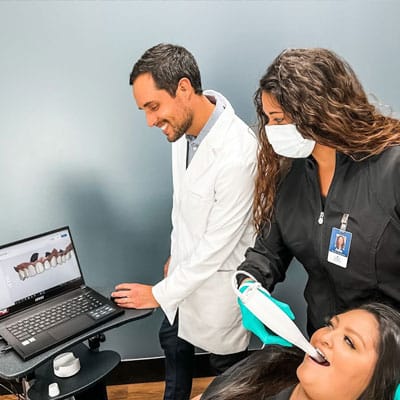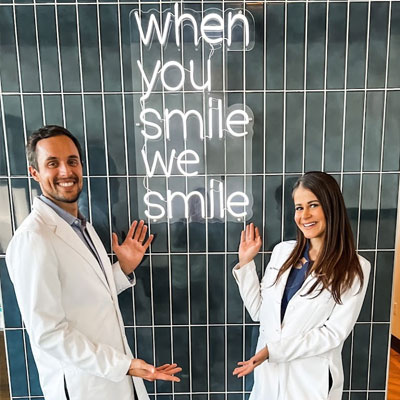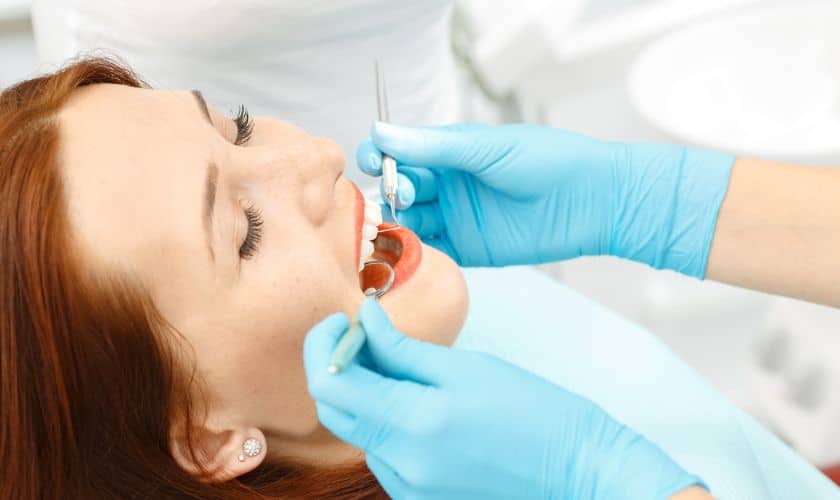
When it comes to taking care of our health, we often tend to overlook the importance of our dental hygiene. However, oral health is just as crucial as any other aspect of our well-being. Neglecting your teeth and gums can lead to a host of problems like cavities, gum diseases, and even tooth loss. That’s where preventive dentistry comes in! Regular dental checkups and cleanings not only keep your smile looking bright but also help detect potential issues before they become major concerns. In this blog post, we’ll explore the basics of preventive dentistry and why it is essential for optimal oral health. So let’s dive in.
The Basics Of Preventive Dentistry
Preventive dentistry is the practice of taking care of your oral health to prevent potential dental problems from occurring. It involves regular check-ups, cleanings, and other procedures that can help keep your teeth healthy and strong.
One of the most basic steps in preventive dentistry is maintaining good oral hygiene practices. This includes brushing your teeth at least twice daily with fluoride toothpaste, flossing daily, and using mouthwash to kill bacteria.
Regular dental check-ups are also an essential part of preventive dentistry. During these appointments, your dentist will examine your teeth for any signs of decay or gum disease. They may also take X-rays to detect any underlying issues that cannot be seen during a physical exam.
Another important aspect of preventive dentistry is watching what you eat and drink. Consuming excessive amounts of sugary foods and drinks can contribute to tooth decay over time. By limiting your intake or avoiding them altogether, you can reduce the risk of developing cavities or other dental problems.
In addition to practicing good oral hygiene habits and monitoring what you consume, it’s crucial to protect your teeth when participating in sports activities by wearing mouthguards or other protective gear as recommended by healthcare professionals.
Preventive dentistry is about taking proactive steps toward maintaining optimal oral health rather than waiting until problems arise before seeking treatment. By prioritizing these basic preventative measures today, you’ll save yourself future discomforts while improving both short-term comfortabilities as well as long-term overall well-being.
The Benefits Of Regular Dental Care
Regular dental care is essential for maintaining good oral health. It involves routine check-ups, cleanings, and other preventive treatments that help keep your teeth and gums healthy. There are several benefits to getting regular dental care, including:
Preventing tooth decay: Regular dental cleanings can remove plaque and tartar buildup from your teeth, which helps prevent cavities.
Detecting oral health issues early: During a routine dental exam, your dentist can identify any potential problems with your teeth or gums before they become more serious.
Reducing the risk of gum disease: Gum disease is a common problem that can lead to tooth loss if left untreated. Regular dental cleanings can help prevent gum disease by removing bacteria and debris from your mouth.
Improving overall health: Poor oral health has been linked to several systemic diseases such as heart disease and diabetes. By taking care of your teeth and gums, you may be able to improve your overall health.
Saving money in the long run: Preventive dentistry costs less than restorative dentistry procedures like fillings or root canal therapy. By investing in regular dental care now, you may be able to avoid costly procedures later on.
Regular dental care is an important part of maintaining good oral health throughout life. By scheduling routine check-ups with your dentist every six months or so, you could enjoy these benefits while keeping those pearly whites shining bright.
Oral Health Concerns To Watch For
One of the primary goals of preventive dentistry is to identify and address potential oral health concerns before they turn into major issues. Here are some common problems that your dentist will be on the lookout for during your regular checkups:
Firstly, gum disease can be a serious issue if left untreated. Gingivitis is an early stage of gum disease that causes inflammation and bleeding gums. If not addressed, it can progress to periodontitis which results in tooth loss.
Secondly, cavities or tooth decay can cause significant damage if not treated early on. Regular dental cleanings help remove plaque buildup from teeth which prevents cavities from forming.
Thirdly, oral cancer screenings may seem daunting but are essential for detecting any signs of this potentially deadly condition early on when treatment has a higher chance of success.
Teeth grinding (bruxism) or clenching can cause excessive wear-and-tear on your teeth as well as jaw pain and headaches. Your dentist will look out for these symptoms during routine appointments so they can provide treatments like mouthguards to prevent further damage.
Staying vigilant about these potential issues with preventive care goes a long way toward maintaining optimal oral health over time.
How To Scheduled Your Appointment For Preventive Dentistry
Scheduling your appointment for preventive dentistry is a crucial step in maintaining optimal oral health. The process is typically straightforward and can be done in just a few simple steps.
Firstly, you should locate a reputable dental clinic or dentist’s office that offers preventive care services. You can do this by asking for referrals from family and friends, searching online, reading reviews, or checking with your insurance provider for recommendations.
Once you have identified a potential dentist or clinic to visit, you can contact them via phone or email to inquire about their availability and schedule an appointment. Some clinics even offer the convenience of online booking through their website.
When scheduling your appointment, make sure to choose a date and time that works well with your schedule. It may also be helpful to ask about any preparation requirements beforehand so that you are adequately prepared for the visit.
On the day of your appointment, arrive early enough to complete any necessary paperwork and provide accurate medical history information if required. During the actual preventive care session, expect routine procedures such as X-rays, and cleaning/scaling/polishing of teeth surfaces depending on individual needs.
By taking these simple steps towards scheduling regular appointments with your dentist for preventive dentistry services like scaling & polishing treatments every 6 months (as recommended), you’ll significantly reduce risks associated with tooth decay & gum disease while keeping up with proper oral hygiene practices.
Bottom Line
Preventive dentistry is an essential aspect of maintaining optimal oral health. By embracing regular dental check-ups and cleanings, we can prevent several oral health problems from developing or becoming worse. Brushing and flossing regularly is also crucial in preventing cavities, gum disease, bad breath, and other issues that may affect your overall well-being.
Don’t wait until you have a toothache to visit the dentist. Schedule your appointment today and take charge of your dental health. Remember that prevention is always better than cure! With good hygiene habits and regular professional care, you can achieve a healthy smile that lasts a lifetime.
Preventive dentistry is a dental care model that aims to help patients prevent diseases from arising and causing tooth decay, gum disease, and other oral health issues. By regularly visiting the dentist and getting preventive treatments, you can help keep your teeth healthy and free from conditions that can lead to more serious problems down the line.
The answer to this question depends on a few factors, such as your oral hygiene habits, diet, and exercise regime. However, we usually recommend that patients visit the dentist at least twice a year.


